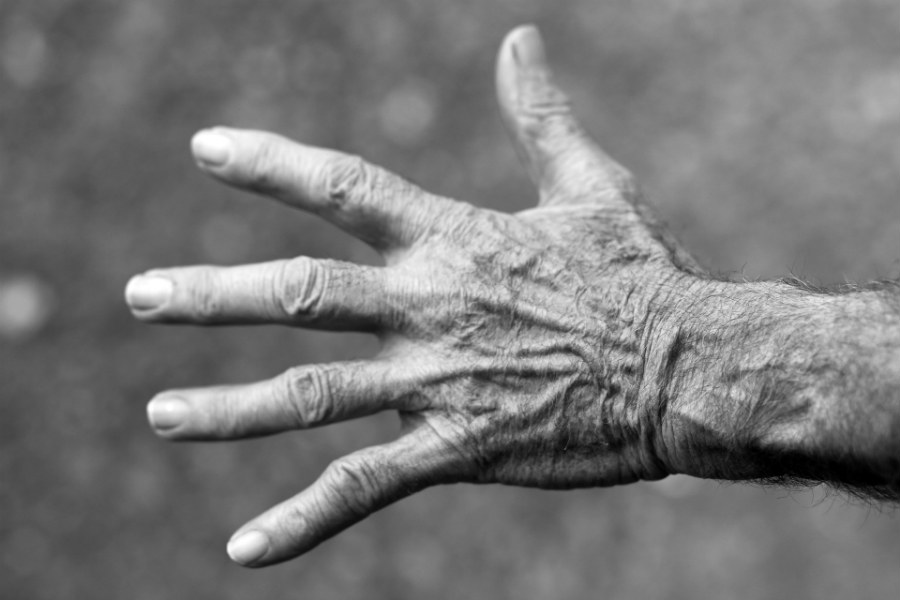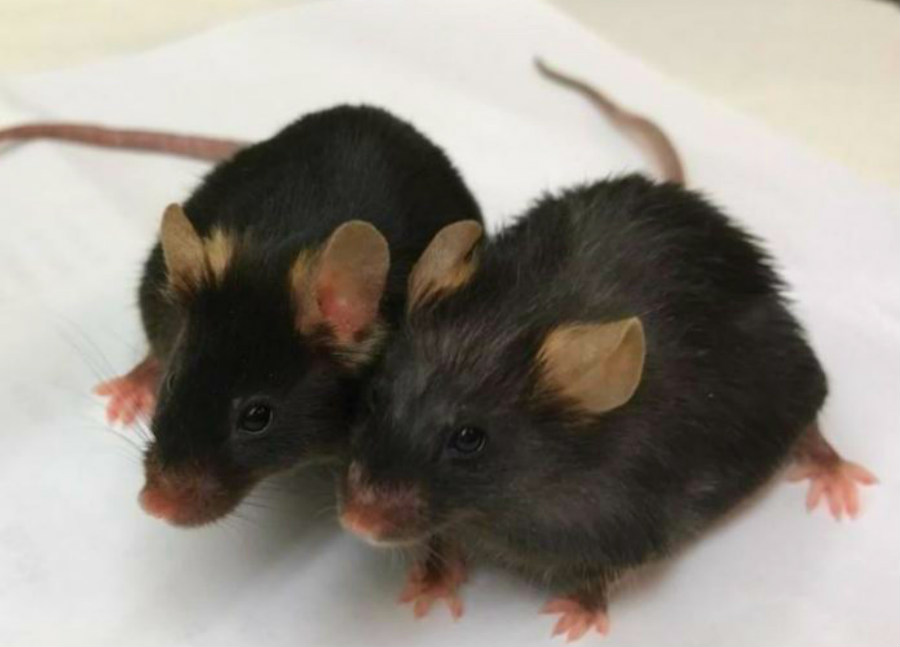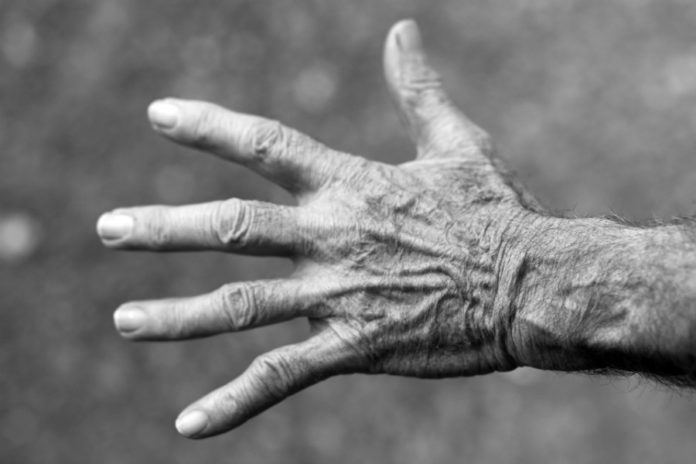
Credit: Iris Vallejo
A recent study has shown promising results in anti-ageing and in increasing the healthspan of mice. Researchers from the Buck Institute for research on aging in the USA have discovered that a natural metabolite called, alpha-ketoglutarate (AKG) is capable of decreasing the morbidity rate in older mice and making them healthier in their late life.
Research in anti-ageing is always a highly demanded area in science. Among so many research attempts to increase human lifespan, the main obstacle has always been to make it healthier while doing so. Otherwise, a longer yet less quality of life or long life with a disease-ridden body is pointless. But the new study published in the journal Cell Metabolism may have shed a light into how one can increase the life-span while becoming more healthier at the same time.
According to Prof Gordon Lithgow, the senior author of the study, “The standard for efficacy in research on aging is whether interventions actually improve healthspan. We’ve reached that mark here with a compound that is naturally produced by the body and is generally shown to be safe, the nightmare scenario has always been life extension with no reduction in disability.”
What is this metabolite?
alpha-ketaglutarate (AKG) is a natural metabolite produced by the body. As part of the tricarboxylic acid also known as the TCA cycle, it handles many physiological processes in the body. Energy releasing metabolism, stimulating protein and collagen production and also being a part of stem cell proliferation which is important in aging are some of them. AKG also has the ability to stop protein breakdown in muscles.
Being a ‘jack of all trades’ has made AKG being researched in many areas of science. In a previous study, AKG in our blood plasma is found to be reduced by 10 folds as we age. Apart from exercising and dieting, AKG cannot be naturally increased in our body. But it can be given as a food supplement to get increased levels.
The Test
Researchers used middle-aged mice for this study. And they were given a special diet with AKG for 10 months. The control group were not given any additional AKG. Then with time, they were tested for the relevant genetical markers of healthspan.
The Results
The AKG-given mice were noticeably healthier and experienced a shorter time of disease and frailty before their death compared to the control group. Their healthspan was increased by more than 40% while the lifespan increased by a moderate 12%. And with the chronic intake of AKG, none of the mice had any side effects.
“The mice that were fed AKG showed a decrease in levels of systemic inflammatory cytokines, treatment with AKG promoted the production of Interleukin 10 (IL-10) which has anti-inflammatory properties and helps maintain normal tissue homeostasis. Chronic inflammation is a huge driver of aging. We think suppression of inflammation could be the basis for the extension of lifespan and probably healthspan and are looking forward to more follow up in this regard,” says, Azar Asadi Shahmirzadi, the lead scientist of the study.
Female mice had more to gain

The results had been sex-specific with more female mice showed improved symptoms than male mice. They gained dramatic improvements with the quality of the fur color, its condition, gait, less kyphosis (spine curvature with age) and also ‘piloerection’ in their hair follicles. “The treated animals showed an extended ability to groom themselves,” adds Asadi.
And for the male mice treated with AKG,
They also had improvements with gait and less kyphosis, were able to handle muscle mass better with age, better grip strength, better eyesight and had relatively fewer tumours.
So far, multiple studies showed that AKG is directly responsible for the lifespan and healthspan expansion in C. elegans nematodes, in yeast and now for the first time in a mammal, i.e. mice. AKG has shown that it has the potential to alter the evolutionary mechanism of aging.
Now the researchers are planning to start a clinical trial with people aged between 45-65 years old. The study will be held at the National University of Singapore (NUS). “This trial will look at the epigenetic clock as well as standard markers of aging, including pulse wave velocity, and inflammation among others, this opportunity will allow us to go beyond anecdotal evidence. Real clinical data will help inform physicians and consumers eager to improve health within the context of aging,” says Prof Brian Kennedy, the senior co-author of the study.

